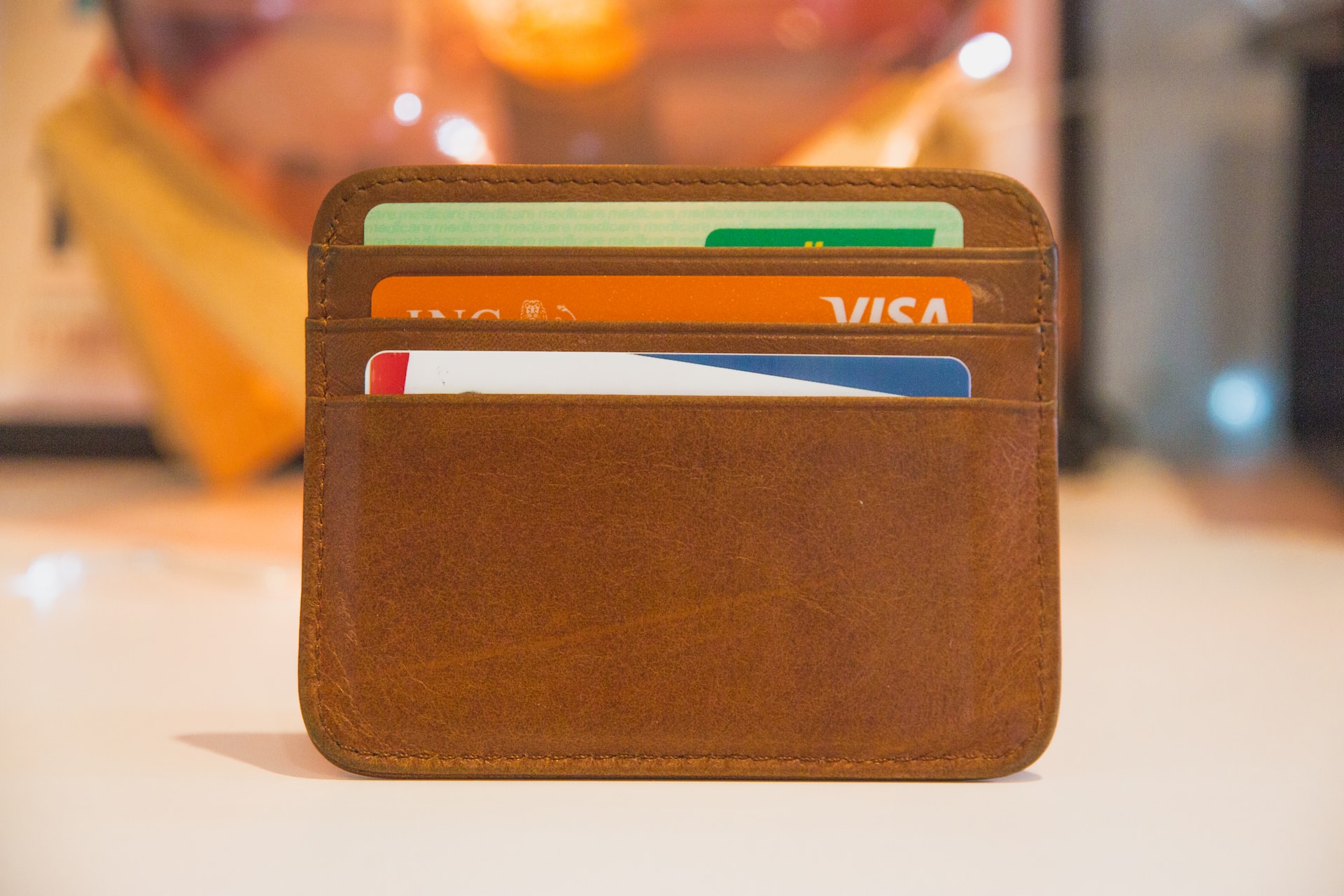The landscape of digital wallets is changing – tech firms are leading the way while banks seem to be lagging behind. Can they still make a play? Or is it too late to catch up to tech like Apple Pay? Let’s get into it.
New study shows banks are in trouble
A study by Accenture shows that US banks risk up to $31.4 billion in lost revenue over the next four years if they don’t begin seeking out new payment channels and strategies for countering consumer trends.
20% of global consumers use at least one next-generation payment method for ecommerce and 9% do so for in-person transactions. Accenture expects in-person transactions to double by 2025.
Accenture’s survey revealed that debit cards are the most frequently used payment method for Americans, with over 60% relying on them five or more times a month. Credit cards were also popular among participants at 53%.
Credit and Debit cards still make up the majority of the consumer payment methods – so Banks still have time to act.
Credit cards’ time on the mountain top is ticking
But here’s the thing: Digital wallets have become an increasingly preferred choice too, as nearly half of all U.S citizens utilize one such platform to make payments – be it through bank or nonbank sources like Apple Pay and Google Pay.
Interest is becoming the main reason people are leaving credit cards behind
Globally, credit card users are recognizing they can avoid large interest charges banks slap on credit card offers by shifting spending away from credit cards and toward alternatives like = “buy now pay later,” or prepaid card options.
Need an example? Cash App offers a “debit” card that can act like a prepaid card for customers.
See it for yourself
What can banks and fintech startups do to take advantage?
Buy now, pay later could be a great way for banks and startups to get a foothold and grow their business. Citizens Bank has stepped up to be an early pioneer, offering tailored “Citizens Pay” solutions depending on store-specific needs. But regulatory agencies like the Consumer Financial Protection Bureau are looking to get tighter control over companies dealing in this kind of payment system, so it won’t stay quite as unregulated as it has in the past.
Building ancillary products that support or grow out of digital wallets can also be a strategic direction for banks and fintechs to take advantage of. Digital wallets can also hold tickets, boarding passes, secure documents, and other forms of information. Cyber security will become even more crucial for digital wallets moving forward in the US.
At the end of the day, when new technology becomes more ubiquitous, successful brands have been the ones that have leaned into the opportunities that new technology creates. The unsuccessful ones? They stuck their heads in the sand. Or kicked against the pricks.






